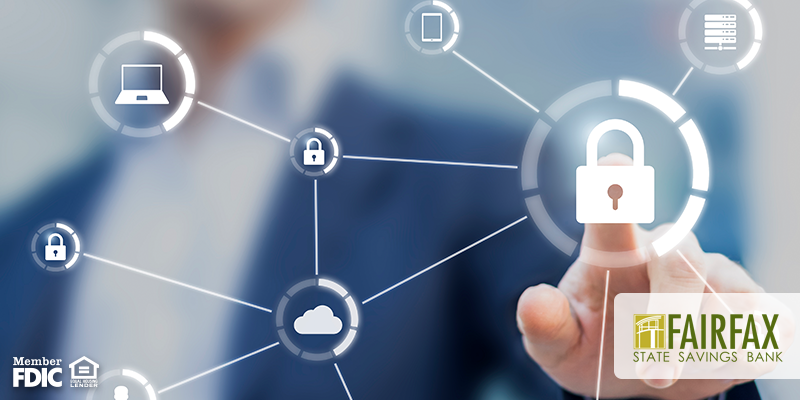Best Practices for Protecting Your Data
Posted on | Categories: Cyber Security, General

Over the years, cyber hacking has been on the rise - nearly doubling from 2016 to 2017. Out of all of those attacks, 93% of all breaches in 2017 could have been avoided with simple cyber hygiene practices according to Online Trust Alliance. That’s why we’ve decided to give you some updates on the latest cyber security practices!
Don’t Click It
Hackers are getting sneakier as to where they place their bugs. You may know not to trust a strange email from someone you don’t know, but what happens when you get an email from your university or a trusted place of business? Hackers have the ability to make their emails look more like something you could trust from a local business compared to the strange phishing emails you may be used to looking out for. Be extra cautious when reading through emails - and don’t click any links or download files if you weren’t expecting that in an email.
Turn On Two-Factor
Two-factor authentication gives you a second layer of protection if your data does get hacked. Many programs and devices offer this authentication choice, so use it whenever possible. This significantly increases your chances of staying safe from a cyber-security hack.
Restrict Oversharing
By putting to much information on your sites, a hacker can use that data to hack into an account through your security questions. If you post about your adorable dog, Fido, chances are that dog’s name is in your password or security question. Also try to avoid posting your address, phone number, full name and so forth, as all of that can be used against you.
Generate Multiple Emails
We’ve all heard not to have the same password for everything - and we know many of you are still guilty of that. However, you may have not heard about having different emails for separate reasons. A good rule of thumb is to create three separate emails: one for strictly banking, another for emails to friends and family and one for all your stores and shopping coupons. This will help block hackers from getting into all your different accounts and finding personal data.
Install Ad Blockers
On any web browsers you use, be sure to install ad blockers or turn on your pop-up blockers. This will help save you from trying to X out of something and getting a virus that came up when you were searching online. Having any potential ads blocked will help keep your computer clean and your data safe!
We hope these new practices help protect your data from potential hackers. If you have any questions about your information being safe with us - no need to worry! We’re proud of our security practices and hope you will be able to say the same after making a few improvements.
